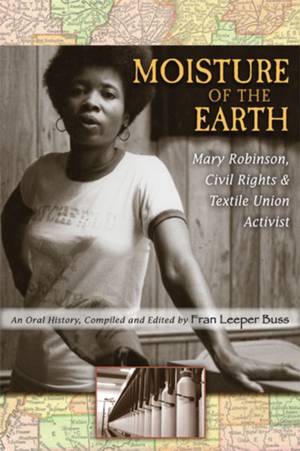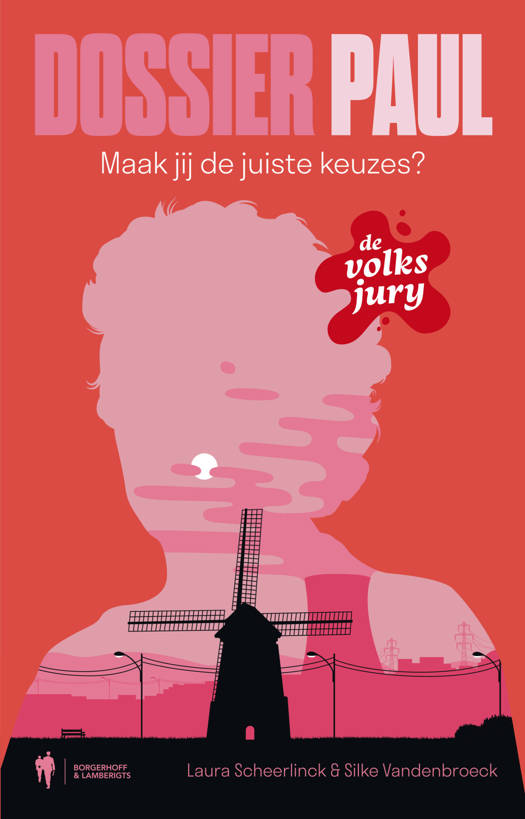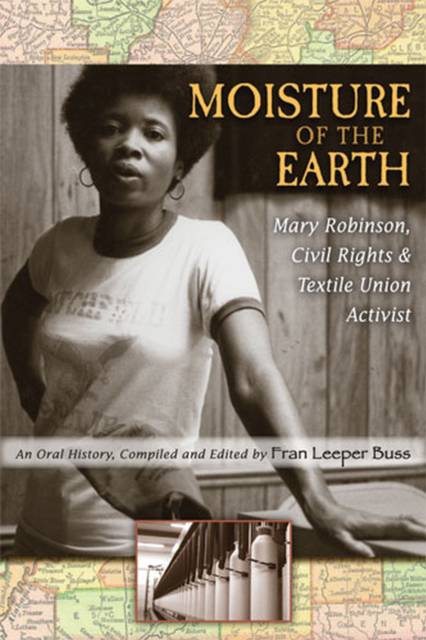
- Afhalen na 1 uur in een winkel met voorraad
- Gratis thuislevering in België vanaf € 30
- Ruim aanbod met 7 miljoen producten
- Afhalen na 1 uur in een winkel met voorraad
- Gratis thuislevering in België vanaf € 30
- Ruim aanbod met 7 miljoen producten
Moisture of the Earth
Mary Robinson, Civil Rights and Textile Union Activist
Omschrijving
In Moisture of the Earth, Mary Robinson recounts her journey from picking cotton in rural Alabama to becoming an outspoken community leader and labor activist. The daughter of sharecroppers, Robinson came of age at the peak of the civil rights movement and took a job in J. P. Stevens's Montgomery plant when the textile manufacturing giant was forced to admit African American workers. She soon became part of the historic organizing struggle by the Amalgamated Clothing and Textile Workers Union, finding her voice as an outspoken activist and union organizer.
This is a riveting narrative of determination and defiance in the face of poverty and racial injustice, and a rare, behind-the-scenes account of union organizing drives in the South, from the vantage point of a black woman. Based on twenty-three years of interviews between Mary Robinson and oral historian Fran Leeper Buss, this book reveals the intertwined effects of race, class, and gender on the lives of lower-income women during segregation and after; sheds light on African American resistance movements in the twentieth century and the roles of religious traditions and storytelling to struggles for social justice; and highlights women's important roles in community activism and the labor movement.
Fran Leeper Buss, Ph.D., has published four previous oral histories, including La Partera: Story of a Midwife; Dignity: Lower Income Women Tell of Their Lives and Struggles; and Forged Under the Sun/Forjada bajo el sol: The Life of Maria Elena Lucas.
A volume in the series Class: Culture.
Specificaties
Betrokkenen
- Uitgeverij:
Inhoud
- Aantal bladzijden:
- 248
- Taal:
- Engels
- Reeks:
Eigenschappen
- Productcode (EAN):
- 9780472065875
- Verschijningsdatum:
- 1/05/2009
- Uitvoering:
- Paperback
- Formaat:
- Trade paperback (VS)
- Afmetingen:
- 152 mm x 226 mm
- Gewicht:
- 362 g

Alleen bij Standaard Boekhandel
Beoordelingen
We publiceren alleen reviews die voldoen aan de voorwaarden voor reviews. Bekijk onze voorwaarden voor reviews.










